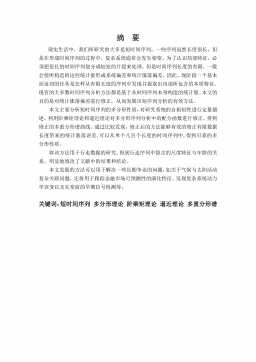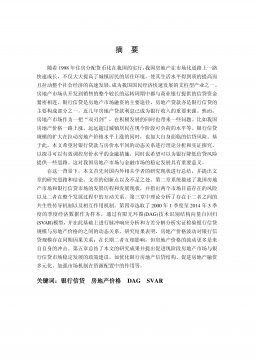奥尼尔三大悲剧中的命运观
II摘要美国著名戏剧家奥尼尔与古希腊悲剧解下了不解之缘。他自认古希腊悲剧对他产生重大影响。他认为古希腊悲剧是最崇高的悲剧。其中,古希腊悲剧的命运观纵贯整个奥尼尔一生的悲剧写作中并深刻影响了奥尼尔的悲剧思想。命运观是迄今为止人类仍未解决的一个问题。它存在于各个时代,并深刻影响了人们的生活态度和精神世界。对古希腊悲剧命运观而言,每个人的命运是在他出生之前就定了的。古希腊悲剧中的英雄主人公,虽然面对多变的命运,似乎束手无策。但是,他们依然与命运周旋抗争,力图主宰命运,虽然不得不屈从于命运,但他们行动的背后,有着坚强的自由意志。正是在无情的命运主宰中的个人自由意志,昭示了永恒的希腊悲剧精神。古希腊悲剧...
相关推荐
-
我国基层财政困难的制度成因分析与对策研究VIP免费
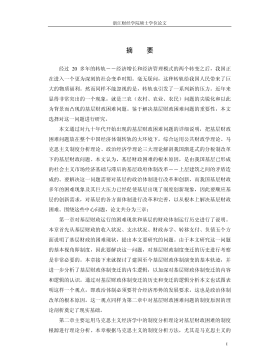
 2024-09-20 46
2024-09-20 46 -
我国煤电产业链纵向交易合约机制研究VIP免费
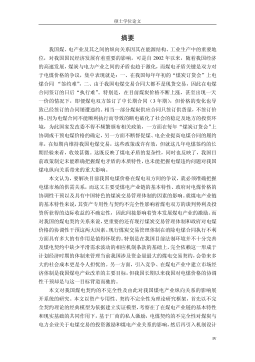
 2024-09-20 43
2024-09-20 43 -
生产要素视角下的上海市产业结构优化研究VIP免费
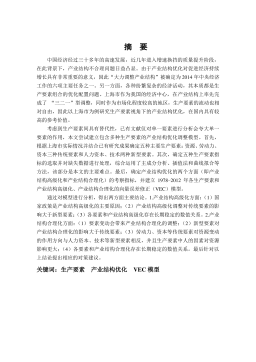
 2025-01-09 8
2025-01-09 8 -
我国银行业结构与经济结构关系研究VIP免费
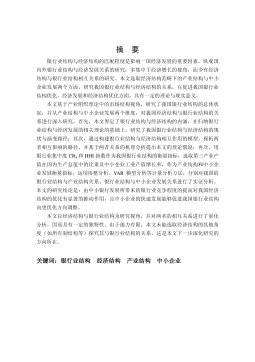
 2025-01-09 17
2025-01-09 17 -
大数据视角下农业供应链金融研究VIP免费
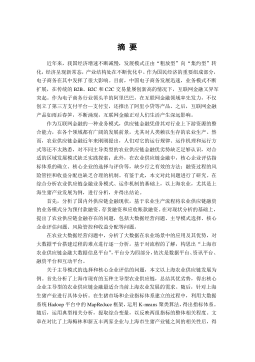
 2025-01-09 14
2025-01-09 14 -
跨国大型综合超市的规划研究VIP免费
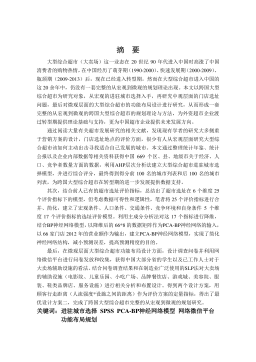
 2025-01-09 9
2025-01-09 9 -
跨境电商农产品质量安全问题研究VIP免费
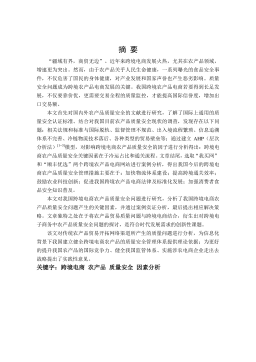
 2025-01-09 9
2025-01-09 9 -
世界市场的虚拟化与我国国际电子商务发展方向研究VIP免费
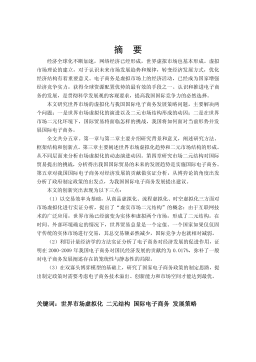
 2025-01-09 43
2025-01-09 43 -
中国政府对电力行业的价格规制问题研究VIP免费
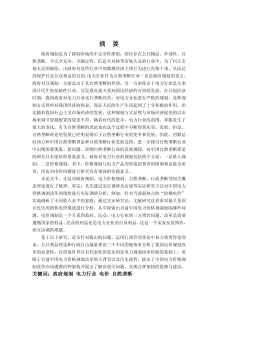
 2025-01-09 18
2025-01-09 18 -
中小企业信息化系统集成技术研究VIP免费
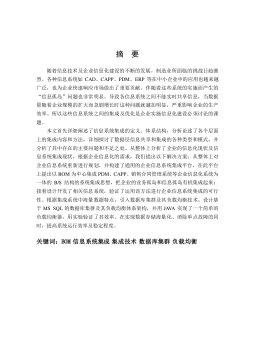
 2025-01-09 30
2025-01-09 30
相关内容
-

跨国大型综合超市的规划研究
分类:高等教育资料
时间:2025-01-09
标签:无
格式:PDF
价格:15 积分
-

跨境电商农产品质量安全问题研究
分类:高等教育资料
时间:2025-01-09
标签:无
格式:PDF
价格:15 积分
-

世界市场的虚拟化与我国国际电子商务发展方向研究
分类:高等教育资料
时间:2025-01-09
标签:无
格式:PDF
价格:15 积分
-

中国政府对电力行业的价格规制问题研究
分类:高等教育资料
时间:2025-01-09
标签:无
格式:PDF
价格:15 积分
-

中小企业信息化系统集成技术研究
分类:高等教育资料
时间:2025-01-09
标签:无
格式:PDF
价格:15 积分


